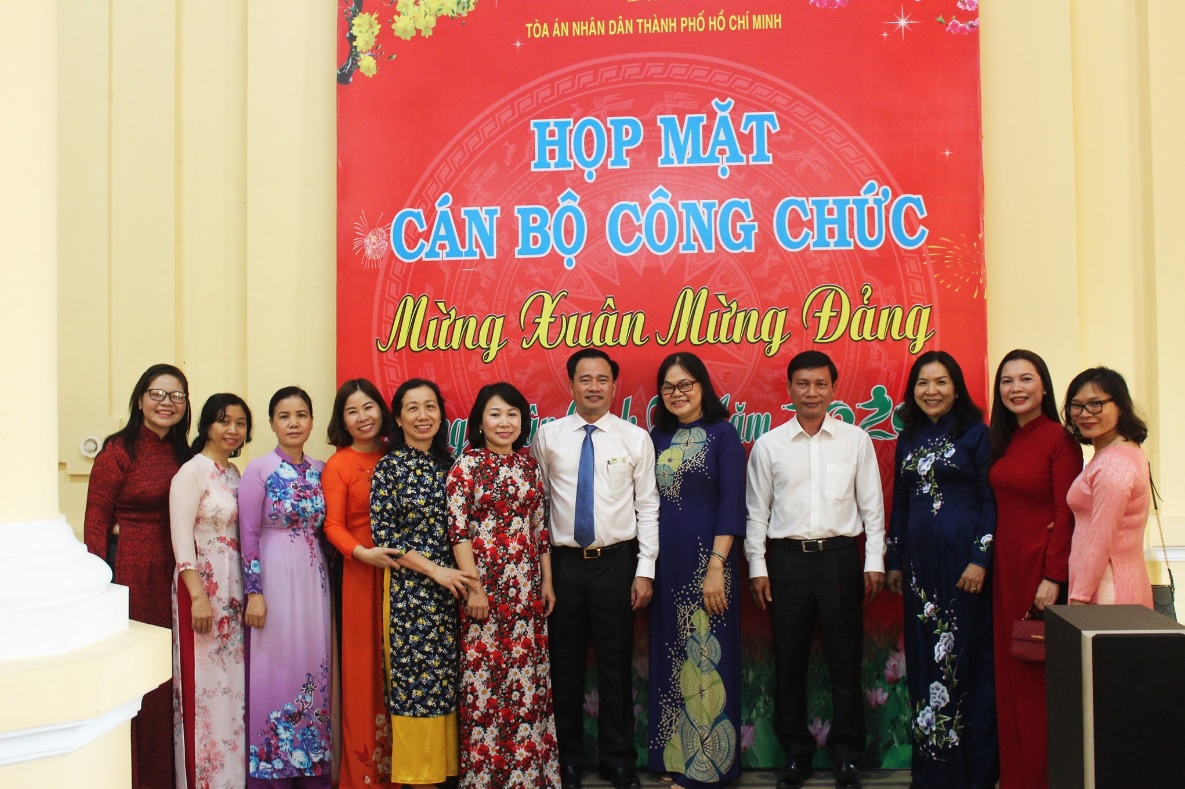The CPC 2015 has made many amendments and supplements to progress to overcome some problems of the CPC in 2004 (amended and supplemented in 2011), including provisions on the Court opening a meeting to check the delivery file, access, evidence publicity and mediation.

The CPC 2015 has made many amendments and supplements to progress to overcome some problems of the CPC in 2004 (amended and supplemented in 2011), including provisions on the Court opening a meeting to check the assignment. file, access, evidence publicity and mediation. However, at present, this provision still has some problems in the practice of resolving civil cases, specifically as follows:
The purpose of the session to check the handover, access, evidence publicity and mediation to determine the request and scope of lawsuits, the modification, supplementation, change, withdrawal of the lawsuit request, request counterclaim of the defendant, independent claim of the person with related interests and obligations; issues agreed, not yet agreed to be requested by the Court; documents and evidence submitted to the Court and the sending of documents and evidences to other involved parties; additional documents and evidence; request the Court to collect documents and evidence; to request the Court to summon other involved parties, witnesses and other procedure participants in court. This is also a provision to improve the quality of litigation in court, creating fairness in evidence access for the litigants so that they have the necessary preparation for litigation in court. On the side of the Court, through the session to check the handover, access and disclosure of evidence, the judge also closes the litigant's request, whether or not there is a counterclaim, independent request, evaluation. Whether the evidence gathering is complete or not. Practical application shows that this provision has contributed to enhancing the publicity and transparency in the process of resolving civil cases, ensuring all evidence is publicized in the proceedings; Raising the responsibility of individuals, agencies and organizations in civil procedures; To create fairness in evidence access to the litigants so that they have the necessary preparation for litigation with each other in court. Thereby improving the quality of litigation at the court hearing as well as the quality of resolving civil cases, meeting judicial reform requirements.
In Clause 3, Article 200 of the CPC 2015, the following provisions: "The defendant has the right to make a counterclaim before the session to check the handover, access, evidence publicity and conciliation" and Clause 2 of Article. 201 CPC in 2015 stipulates: "Persons with related interests and obligations have the right to make an independent claim before the opening of the session to check the handover, access, evidence declaration and conciliation".
- If the 2004 Civil Procedure Code is amended and supplemented in 2011, the involved parties have the right to request a counter-claim or an independent request before the Court issues a decision to bring the case to trial, The 2015 Civil Procedure Code has an adjustment in this provision. Articles 200 and 201 of the 2015 Civil Procedure Code stipulate that involved parties have the right to raise counter-claims or independent claims before the time the Court opens the session to check the handover, access to evidence publicly and reconcile. The problem is: if, after a short time of accepting the case, the judge opens the session to check the handover, access, evidence publicity and only open the meeting once as mentioned above, the time for the litigants to consider and exercise the right to request a counterclaim, the independent request will be greatly restricted. Meanwhile, the reality of resolving civil disputes shows that only after accessing, disclosing evidence and reconciling the involved parties has enough information to decide whether to make a counterclaim or request. independent not. So this general intangible provision has partly hindered the parties from making requests to protect their rights and interests.
- According to Article 210 of the 2015 Civil Procedure Code, the judge conducts a session to check the handover, access and evidence publicity, then mediation will be conducted. However, in reality, there are many complicated cases, the judge can mediate many times in the process of resolving the case, and between these conciliation times, they do not receive and collect new documents and evidence. . In this case, does the judge need to open a meeting to check the handover, access and disclosure of evidence first? If the Court conducts conciliation many times and the last mediation does not make a record to check the handover, access and disclosure of evidence, will it be considered a serious violation of the proceedings?
The author asserts that the purpose of opening a session to check the handover, access, evidence disclosure and mediation is to determine the claim and content of the litigation of the litigant: in addition to identifying the evidence. related documents; to amend, change the lawsuit petition,…, the receipt of the defendant's counterclaim; the independent claim of the person with related interests and obligations is very important. According to the provisions of Clause 3, Article 200 and Clause 2, Article 201 CPC in 2015, the defendant; Persons with related interests and obligations have the right to make counter-claims or independent claims, but must be prior to the time the court opens the session to check the handover, access, evidence publicity and conciliation. However, in Clause 2, Article 203 of the CPC in 2015, the date is not specified